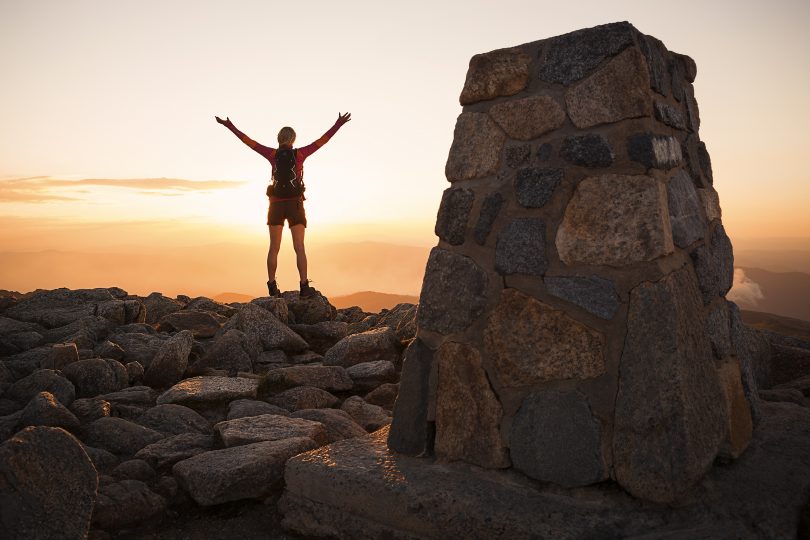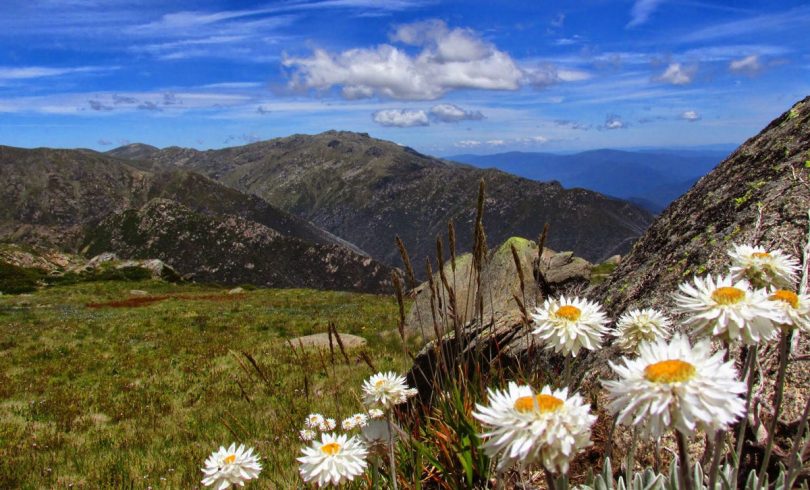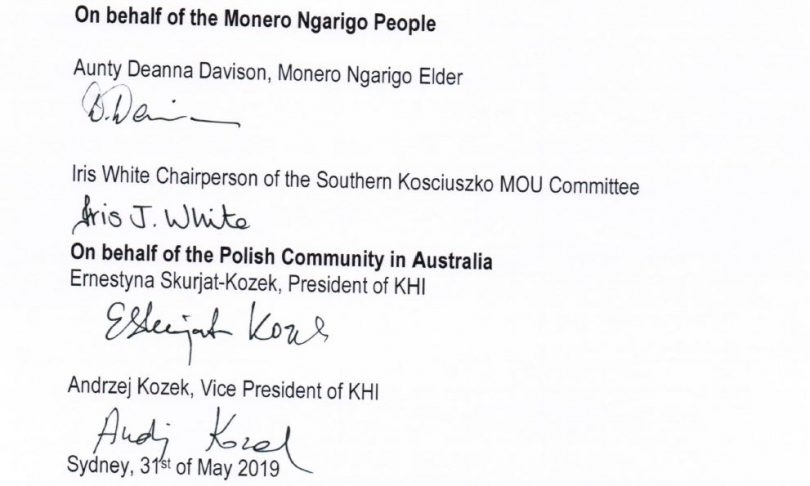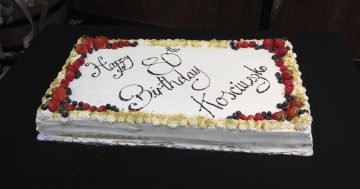
Mount Kosciuszko. Photo: Thredbo Resort.
Senior people within the Ngarigo and Polish communities have laid out their preferred route towards the dual naming of Australia’s highest peak.
The idea has been on the public record for some time via the Kosciuszko National Park Plan of Management of 2006. New energy came during the recent Federal Election campaign with a question from the floor at the About Regional Meet the Candidates Forum at Jindabyne.
Identifying as Ngarigo, Michelle Francis asked the candidates standing for Eden Monaro if they would support the dual naming of Mount Kosciuszko. All answered positively.
The question from Ms Francis followed a move by Snowy Valley’s Council who have commissioned a report to help guide the next steps in any renaming.
However, the peak local Aboriginal advisory committee to the National Parks and Wildlife Service and the Polish community have issued a joint statement to Region Media flagging the course of action needed in any dual-naming process.
Speaking on behalf of the Southern Kosciuszko National Park Memorandum of Understanding (MoU) Committee and Kosciuszko Heritage Incorporated (KHI) is Aunty Deanna Davison, Monaro Ngarigo Elder; Iris White, Chairperson of the Southern Kosciuszko MoU Committee; Ernestyna Skurjat-Kozek, President of KHI; and Andrzej Kozek, Vice President of KHI.
Both groups support the dual naming as identified in the Kosciuszko Plan of Management, “providing the name is one agreed to by the Monaro-Ngarigo People,” the statement says.
Polish explorer Pawe? Edmund Strzelecki named the 2,228-metre mound in 1840, in honour of Polish freedom fighter, General Tadeusz Kosciuszko.
In the 13 years since the Kosciuszko Plan of Management was adopted, Ngarigo and Polish leaders have come together around the idea of dual-naming.
Perhaps the high point of that growing understanding came in 2017 with a Ngarigo delegation travelling to Poland.
“The ensuing years have seen the development of a deep respect and genuine friendship between us, fully respectful of each other’s heritage and stakeholdership in this issue,” the statement reads.

Kosciuszko National Park. Photo: Mike Bremers.
The two groups are keen to move forward on the idea but suggesting a careful course of action because as they say the issue is “fraught with complexity and competing interests.”
“While the Kosciuszko massif rests on the traditional lands of the Monaro-Ngarigo People there is no agreement regarding traditional names as each surrounding people and language group may know [Kosciuszko] by different names.”
In raising it at the Jindabyne candidates forum, Ms Francis put forward the Aboriginal name as being Kunama Namadji (Pron: Koo-nar-ma Nam-a-ji), “Kumama is the Ngarigo word for snow and Namadji means mountain range,” Ms Francis says.
Region Media understands there could be as many as six different Aboriginal names for the peak.
“Consequently, we believe that there should be due diligence applied to who speaks for the Country and extensive research and investigation undertaken to identify the Monaro-Ngarigo language name for it,” the joint statement reads.
“There must be proper engagement of all those groups who may have an interest in this matter before any proposal for dual naming is considered and progressed.
“Until the above steps are taken, the name of Kosciuszko for Mount Kosciuszko should remain as is, in agreement with the Kosciuszko Plan of Management.”
Signatures on the joint statement supplied to Region Media.
Highlighting the shared understanding both groups have come to, the statement ends with, “The Polish community recognizes the inherent sovereignty of the Monaro-Ngarigo People over their traditional lands including Mount Kosciuszko.”
“We would also like to see more information, made available to the public regarding the value and significance of the current name of Mount Kosciuszko, as related to Tadeusz Kosciuszko, a champion of liberty, freedom, equal rights and a supporter of indigenous people.”
From here, both groups say they will continue to work with the Geographical Names Board to consider and validate the best and most appropriate Aboriginal words to use in any dual naming.
Original Article published by Ian Campbell on About Regional.














